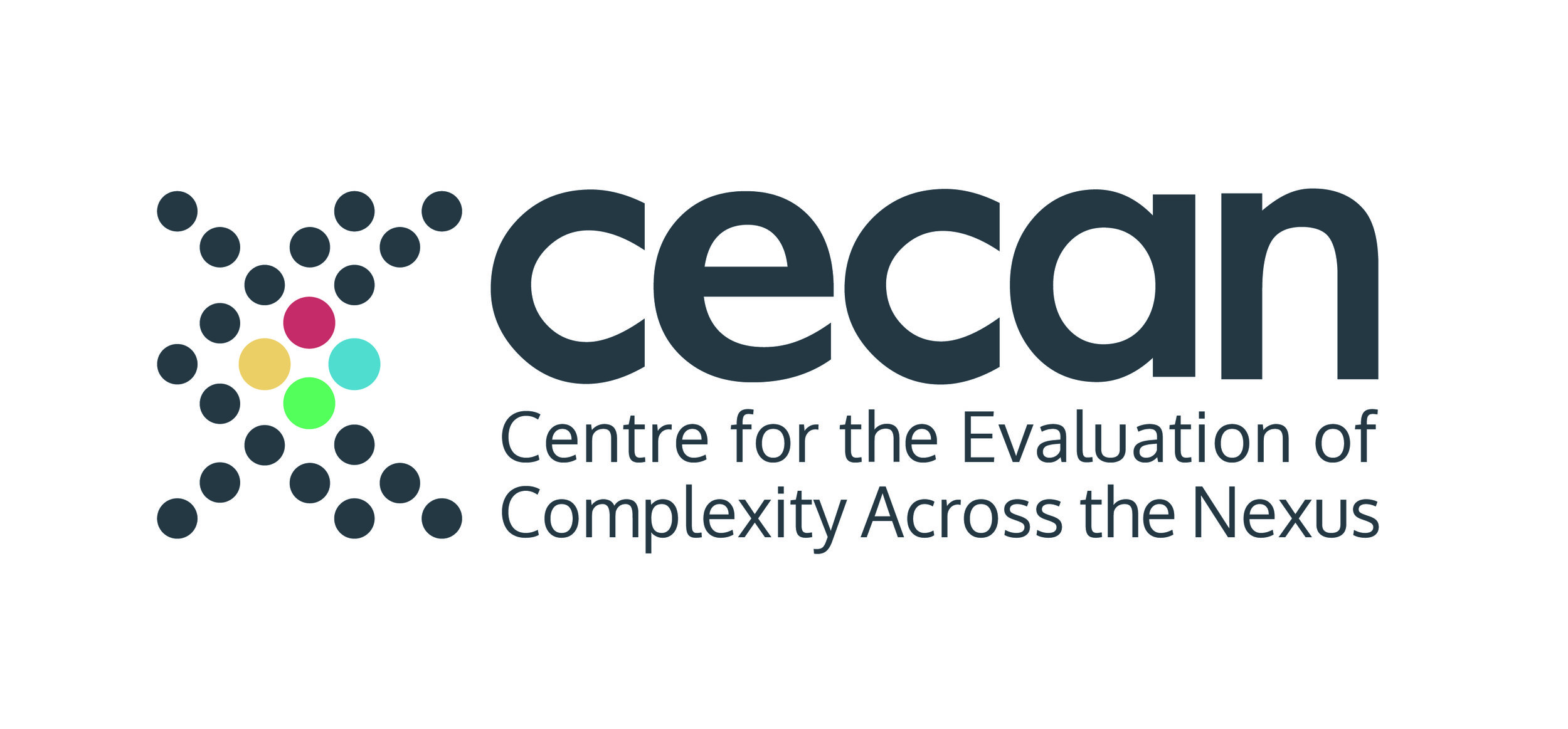CEP to deliver a new EEA project on Urban Sustainability
CEP has been awarded a new project to assist the EEA in finalising various products on urban transitions towards sustainability
Europe’s State of Environment Report (SOER2020) published at the end of 2019 by the European Environment Agency (EEA) has created a clear mandate for the EEA to work at the urban level. The SOER2020 built on the previous report in 2015 that concluded “Living well within environmental limits will require fundamental transitions in core societal systems, including food, energy, mobility, urban, fiscal and finance systems. To achieve such purpose profound changes in dominant practices, policies and thinking are needed”.
In 2017 the EEA established a stakeholder process to help develop its integrated work on urban transitions towards sustainability. This work has been supported throughout by a CEP-led team which has undertaken three previous EEA contracts on urban sustainability. These projects have been awarded under the CEP-led framework service contract for the EEA which provides assistance on forward-looking analysis, sustainability assessments and systemic transitions.
Continuing this work, a CEP-led team will be undertaking a new contract to support the final preparation of various products including: a report on environmental sustainability in cities (ESIC); a report on the analysis of eight urban environmental sustainability nexuses; and a report on drivers of urban environmental transitions. CEP will again be working in partnership with LSE Cities , and will be supported by experts from cChange.
For more information please contact CEP’s Ric Eales (Managing Director) or Rolands Sadauskis (Senior Consultant) for more information.












